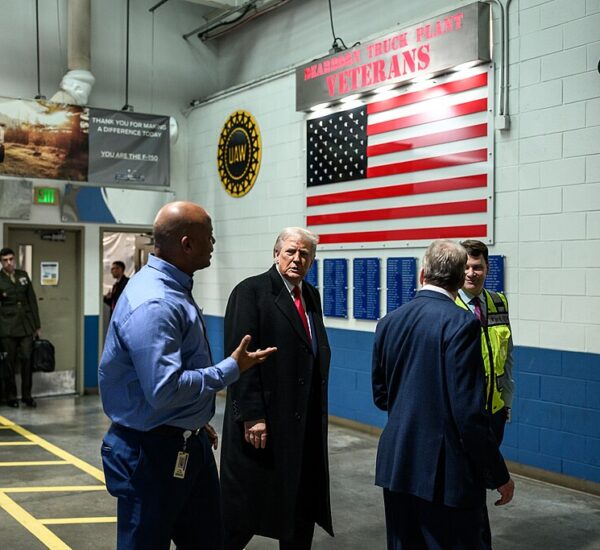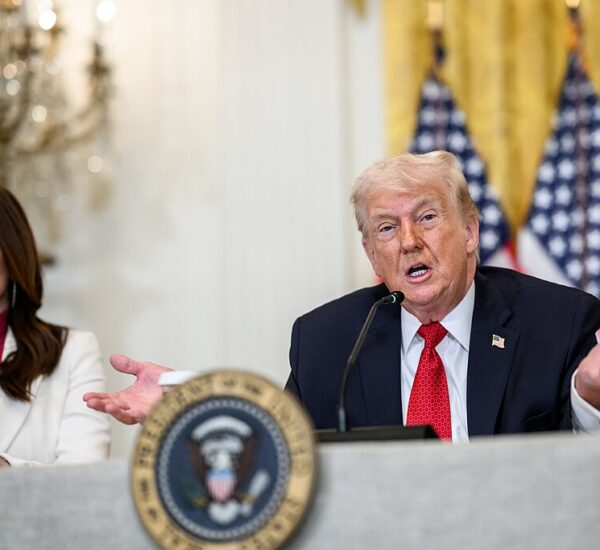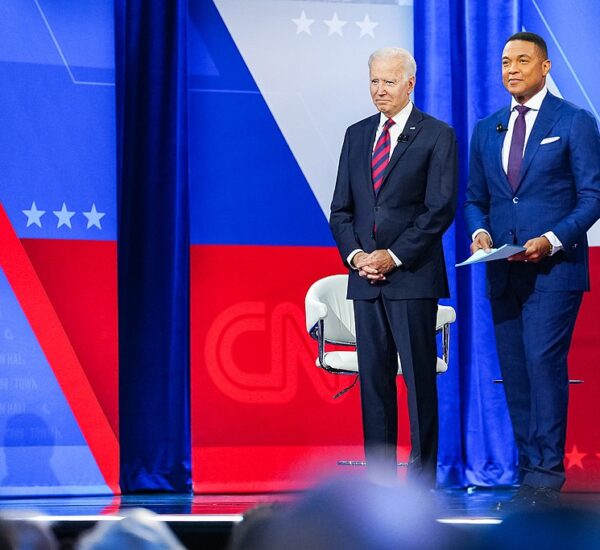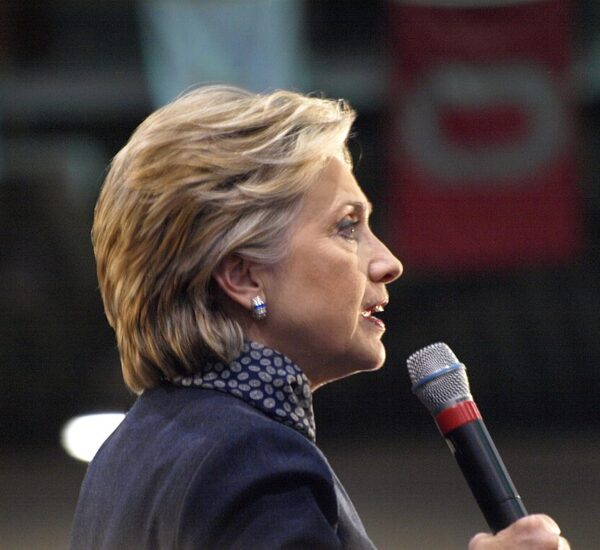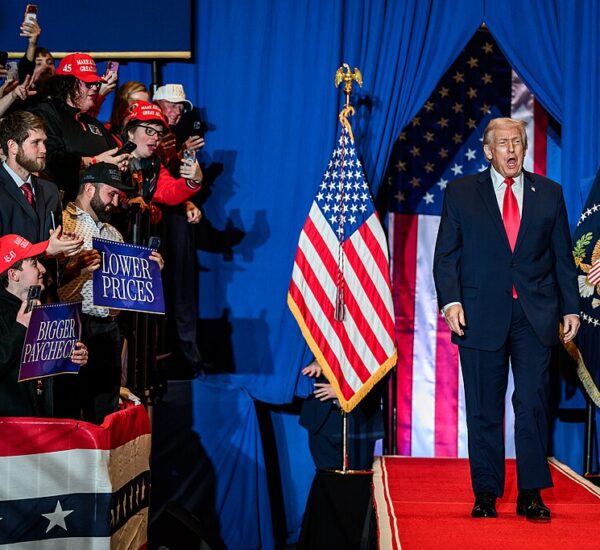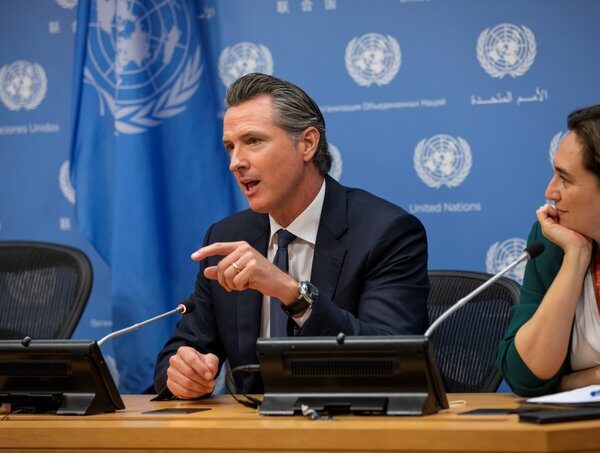Trudeau Fearful Of Trump Tariffs
Prime Minister Justin Trudeau made a clear call for Canada to adopt a “tactical and strategic” approach in dealing with U.S. President Donald Trump’s ongoing threats of tariffs on Canadian goods. Speaking at a summit in Toronto on the Canada-U.S. economic relationship, Trudeau emphasized the need for Canada to collaborate closely with the U.S. to avoid punitive tariffs while addressing broader trade challenges.
Trudeau explained that in addition to engaging with the U.S., Canada must also focus on eliminating internal trade barriers and strengthening its trade ties with countries around the world. He highlighted that this moment in history is crucial for Canada’s economic future.
In an interesting development during the summit, local media reported that Trudeau shared an unsettling remark about Trump’s vision of potentially absorbing Canada into the U.S., making it the 51st state. While the microphone cut out before he could provide further details, Trudeau’s comments reflected a tense undercurrent in the dialogue between the two nations.
Trump had recently agreed to a 30-day delay on his threatened 25% tariffs on Canadian imports, alongside a 10% tariff on Canadian oil, natural gas, and electricity. The tariffs were initially proposed as a means to press Canada and Mexico into cooperating on issues like illegal immigration and fentanyl smuggling. However, Trump also framed the tariffs as a tool to protect American manufacturing and generate more revenue for the federal government.
Trudeau stressed that Canada must use this 30-day period to demonstrate its commitment to securing its borders. He pointed to Canada’s $1.3 billion (USD $900 million) investment in border security, which includes funding for drones, helicopters, more border guards, and the creation of a specialized joint task force. Additionally, Trudeau vowed to appoint a new “fentanyl czar” to serve as the primary liaison with the U.S. government, although fentanyl smuggling and illegal immigration from Canada represent only a tiny fraction of the overall issue.
While Trudeau is actively working to mitigate the impact of potential tariffs, he warned that Canada must be prepared for the worst-case scenario. “We need to be ready to respond robustly,” Trudeau said, underscoring the importance of supporting Canadians if tariffs are imposed.
In response to growing concerns about U.S. trade policies, Candace Laing, president and CEO of the Canadian Chamber of Commerce, voiced support for the summit’s focus on diversifying Canada’s trade relationships. Laing called for bold actions, arguing that businesses need to be less dependent on the outcomes of trade with the U.S.
Meanwhile, leaders from the Canadian Manufacturing and Exporters, Global Automakers of Canada, and the Assembly of First Nations also attended the summit, with many calling for direct government assistance if tariffs are imposed. Dennis Darby, CEO of the Canadian Manufacturers and Exporters, stated that businesses and workers would need government relief, including tax breaks and wage subsidies, to cope with the economic fallout from tariffs.
Trudeau’s words and actions in these discussions reflect the reality that Canada cannot afford to be overly reliant on the U.S. trade relationship. Now, more than ever, the country needs to fortify its economic position by broadening its global trade partnerships and preparing for future challenges on the trade front.

